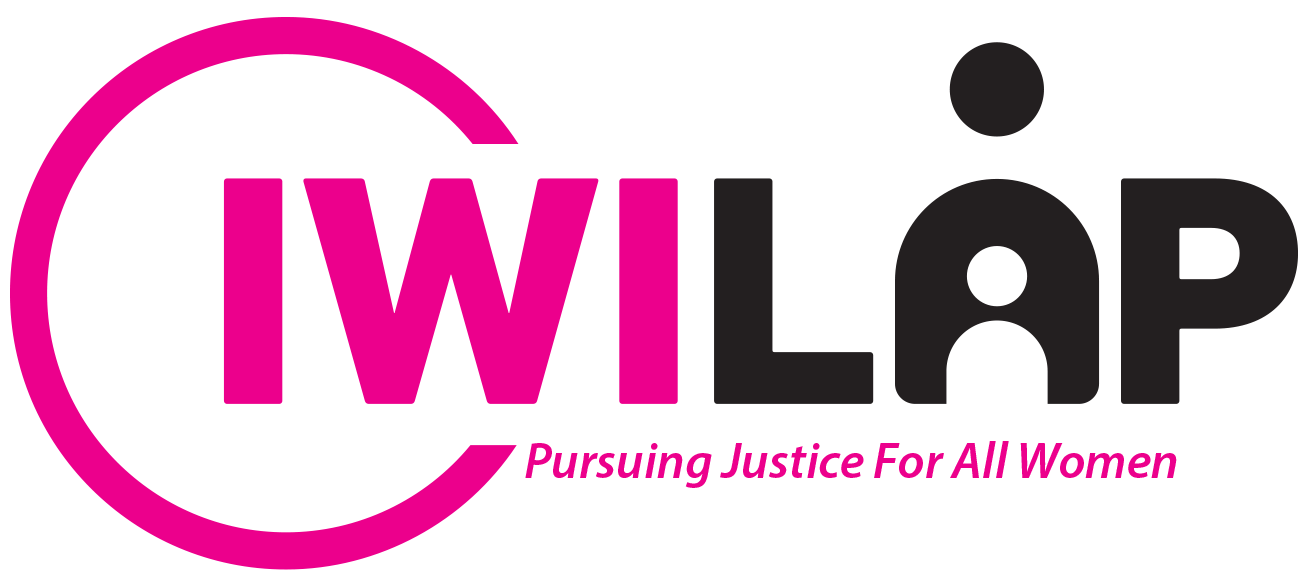Islam is considerably liberal concerning abortion, which is dependent on (i) the threat of harm to mothers, (ii) the status of the pregnancy before or after ensoulment (on the 120th day of gestation), and (iii) the presence of foetal anomalies that are incompatible with life. Considerable variation in religious edicts exists, but most Islamic scholars agree that the termination of a pregnancy for foetal anomalies is allowed before ensoulment, after which abortion becomes totally forbidden with the exception being a risk to the mother’s life or confirmed intrauterine death.
Against this background, IWILAP in partnership with Afya na Haki (AHAKI) is implementing a strategic litigation project aimed at accelerating access to abortion for Muslim women through Legal Aid & case profiling. IWILAP intends to establish legal and policy reforms that are critical to ensuring universal access to sexual and reproductive health services specifically regarding abortion aimed at increasing the number of cases litigated and profiled to handle abortion case in formal, Qadhi courts as well as Islamic judicial institutions such as the UMSC.
